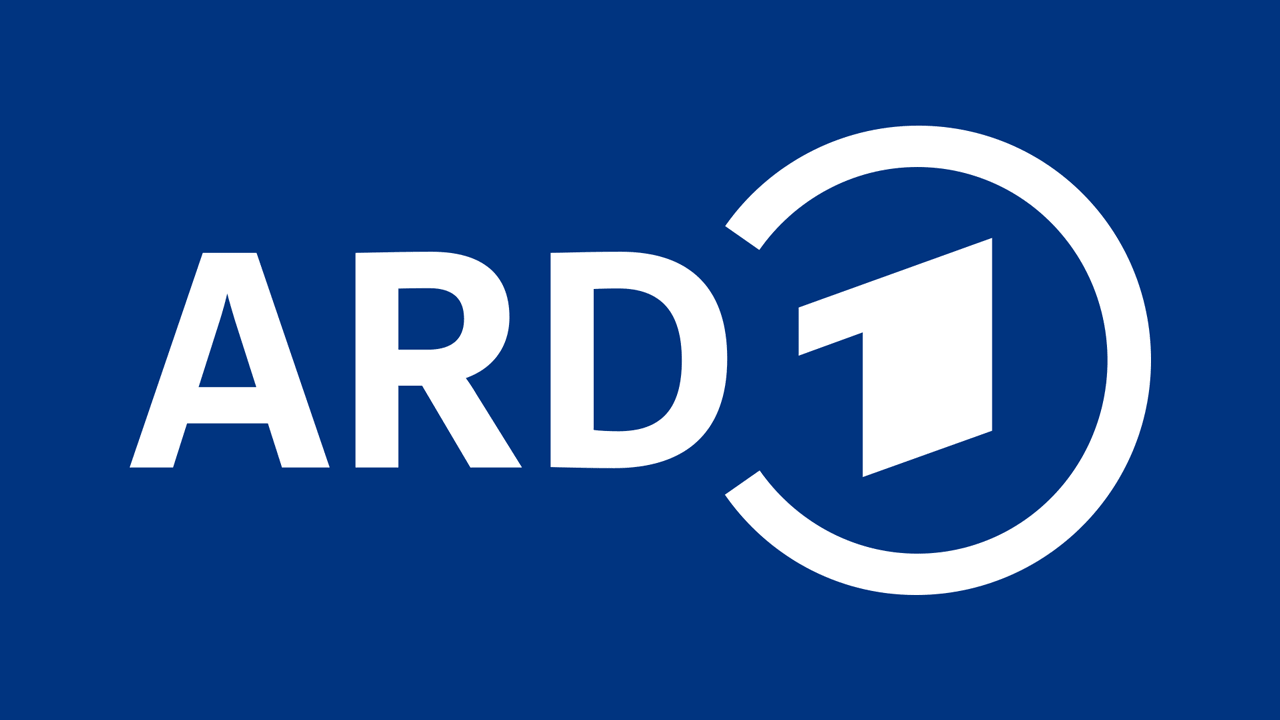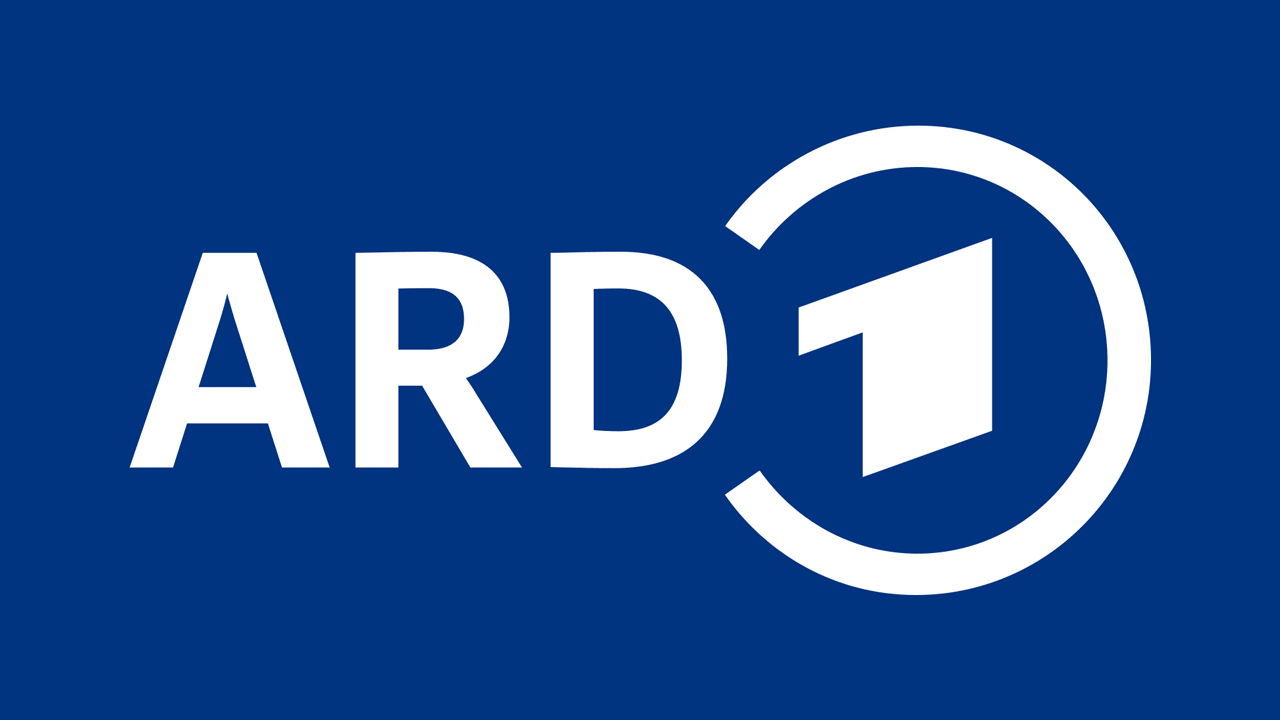Ich mach für meine Self-Host Infrastruktur so gut wie alles via Ansible, da bekommt man solche Tricks nicht so mit…
- name: Enable service unattended-upgrades and ensure it is not masked
ansible.builtin.systemd_service:
name: unattended-upgrades
enabled: true
state: started
masked: no





























Unrealisitische Stellenbeschreibung… verlangt nicht mal Kenntnisse in SNMP, kein CCNA, keine Arbeitserfahrung bei Microsoft Gold (oder Plantinum) Partnern, Salesforce-Administration fehlt auch und es wird kein Microsoft 365 und kein Jira verwendet?!